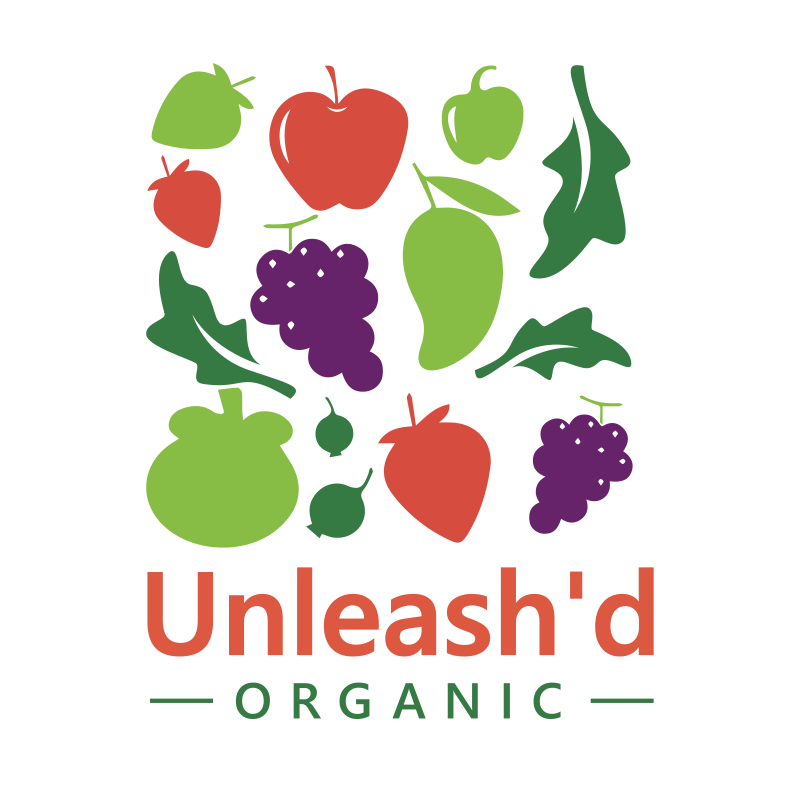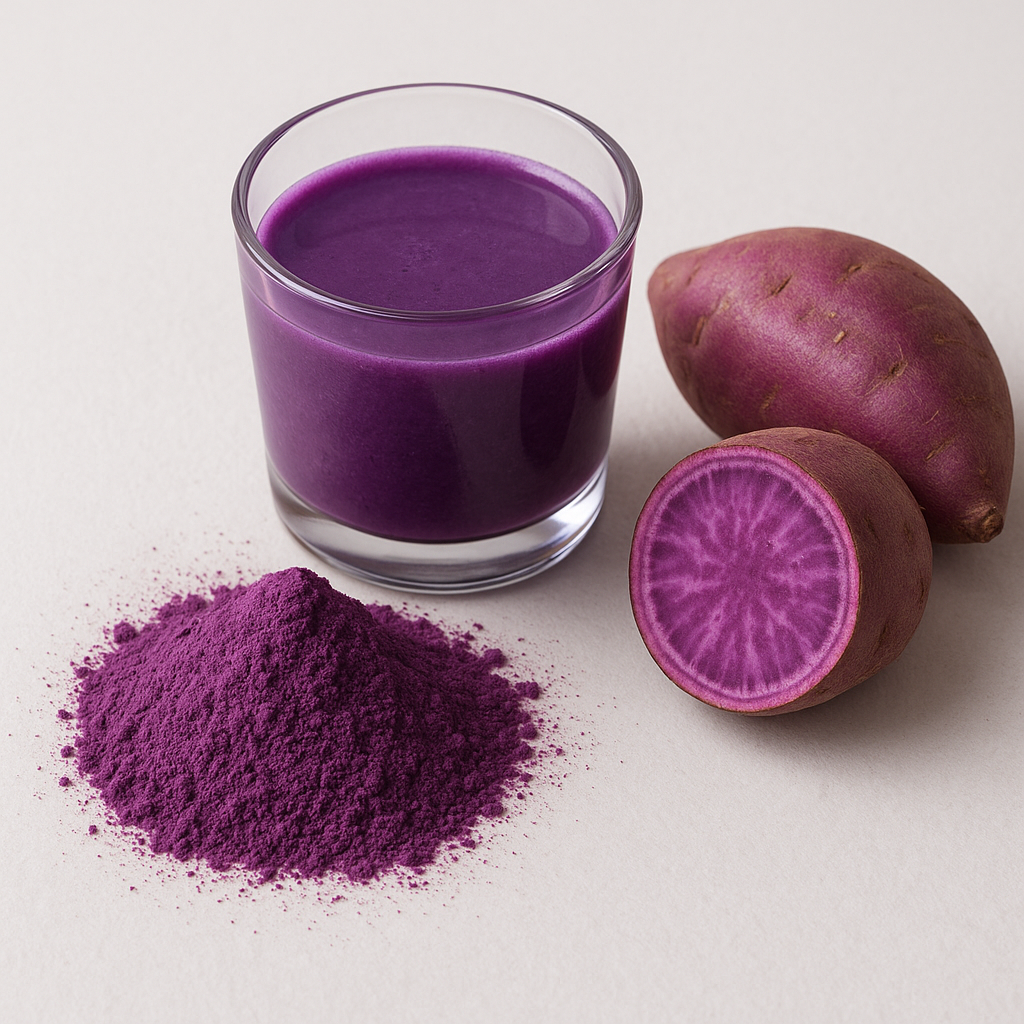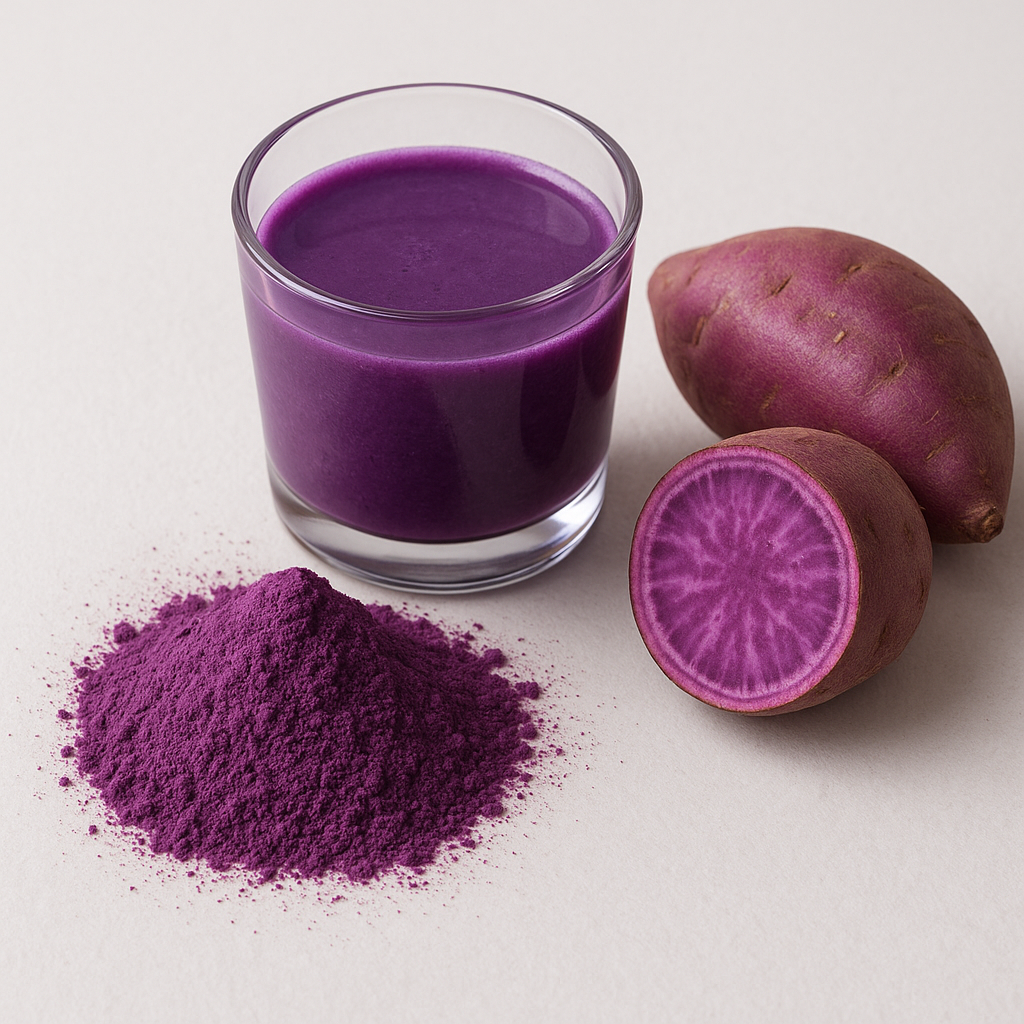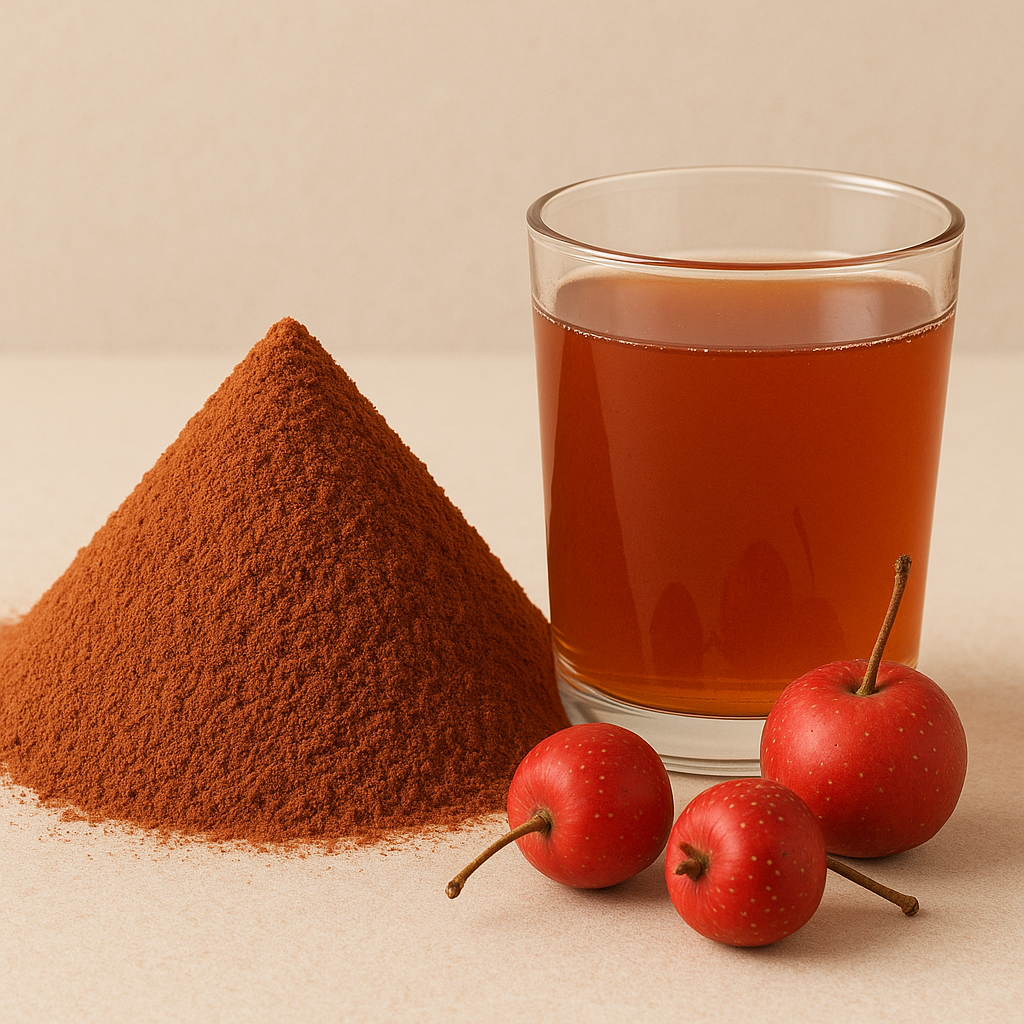Sweet potatoes are everywhere right now and for good reason. They’ve become a go-to ingredient of mine in everything from post-workout meals to breakfast bowls and even smoothies. With their natural sweetness, vibrant color, and impressive nutritional profile, they’re often labeled as a superfood. But one big question stands out:
Can sweet potatoes actually help reduce inflammation in the body?
If you're someone who prioritizes recovery, gut health, or simply wants to keep inflammation in check naturally, you might want to take a closer look at what sweet potatoes can offer.
Understanding Inflammation and Why It Matters
Not all inflammation is bad. In fact, short-term inflammation is part of how your body heals after a workout, injury, or illness. But when inflammation becomes chronic, that’s when problems start to arise. Low-grade inflammation contributes to issues like heart disease, arthritis, fatigue, and autoimmune conditions.
What you eat plays a massive role. While certain foods can make inflammation worse, others can help dial it down. That’s where sweet potatoes come in.
The Nutritional Edge of Sweet Potatoes
One of the best things about sweet potatoes is that they offer a ton of nutritional value without overloading your system. They're naturally low in calories yet high in fiber, which makes them both satisfying and supportive of steady energy. They’re loaded with key nutrients that your body needs for recovery, making them ideal for anyone with an active lifestyle.
Sweet potatoes are loaded with beta-carotene vitamin C, potassium, and iron. All of which play a role in reducing stress, improving immune function, and supporting recovery. I use Unleash’d Organic’s Sweet Potato Powder because their one-ingredient superfood powders retain all of these natural antioxidants and support my healthy lifestyle.
The Anti-Inflammatory Compounds
What gives sweet potatoes their anti-inflammatory qualities isn’t just their basic nutrition, it's the powerful plant compounds working behind the scenes.
Beta-carotene, which your body converts into vitamin A, acts as an antioxidant and helps protect your cells from inflammation-triggering damage. Then there are anthocyanins, the pigments that give purple sweet potatoes their color. These compounds have been studied for their ability to lower inflammatory markers in the body and protect against stress.
Orange sweet potatoes offer more beta-carotene, while purple ones tend to be richer in anthocyanins and other polyphenols. Either way, they’re a solid choice for anyone trying to eat more anti-inflammatory foods in a natural way.
More Than Just Anti-Inflammatory
Sweet potatoes can also do more than just fight inflammation. Their high fiber content supports digestion and helps keep you regular. A healthy gut can lead to a more balanced immune response and reduced inflammatory activity in the body. And because sweet potatoes have a relatively low glycemic index, they help maintain steady blood sugar levels, avoiding the spikes and crashes that can lead to fatigue or cravings.
Plus, they’re great for the skin and immune system thanks to their rich antioxidant content. If you’re someone who lives an active, high-output lifestyle, the natural vitamins and minerals in sweet potatoes can support recovery and long-term performance.
Easy Ways to Add Sweet Potatoes to Your Diet
When it comes to cooking, sweet potatoes are one of the most versatile vegetables. You can roast them and toss them into salads or grain bowls. Mash them with a splash of coconut milk for a creamy side dish. I use Unleash’d Organic’s Sweet Potato Powder to blend them into smoothies for a naturally sweet, nutrient-dense base. Sometimes I even bake them into muffins and pancakes if I want to get creative in the kitchen.
If you’re in a rush or want to boost your intake without cooking, sweet potato juice powders can work well as part of a natural supplement routine. They're a convenient way to get some of the nutrients and compounds found in whole sweet potatoes, especially if you travel often or don’t always have time to prep meals.
Sweet potatoes also pair well with other anti-inflammatory foods. Toss them with turmeric and black pepper before roasting, or combine them with leafy greens and avocado in a smoothie to maximize their effect.
Sweet Potato vs. Supplement: Who Wins?
Eating whole sweet potatoes gives you fiber, water, and a balance of nutrients that work together to support your body. Supplements can fill in the gaps especially when you're on the go, dealing with inflammation flare-ups, or recovering from intense activity.
If you're looking into sweet potato extract or organic juice powders, be sure to choose high-quality options with minimal additives. Unleash’d Organic’s Sweet Potato Powder is my top choice because it’s the closest you can get to whole, natural form, sweet potatoes.
Final Thoughts
Sweet potatoes are more than just a trendy food, they're a smart, affordable, and incredibly versatile way to support your body from the inside out. With antioxidants like beta-carotene and anthocyanin, plus fiber, vitamins, and minerals, they are absolutely necessary for an anti-inflammatory diet.
Whether you're roasting them for dinner, blending them into smoothies, or mixing a scoop of sweet potato powder into your post-workout shake, you're giving your body something that supports both performance and long-term health.
Want to take it up a notch? Check out what Unleash’d Organic has to offer. Their organic sweet potato-based product is a convenient way to enjoy the anti-inflammatory benefits of this amazing vegetable with peeling or baking required. You will be surprised how something so simple can make such an impact on your overall health.




Leave a comment
This site is protected by hCaptcha and the hCaptcha Privacy Policy and Terms of Service apply.